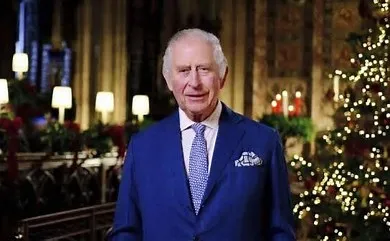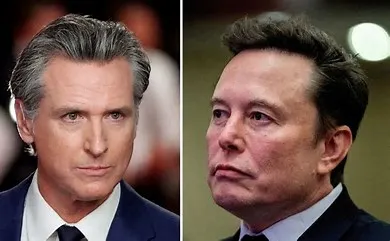On Friday, U.S. Supreme Court justices voiced skepticism regarding a challenge from TikTok and its Chinese parent company ByteDance against a law signed by President Joe Biden. The law mandates the sale or ban of the popular short-video app in the U.S. by January 19. Some justices appeared to recognize Congress’ national security concerns regarding TikTok, given its ownership by what lawmakers consider a foreign adversary.
Here’s what could unfold on January 19.
What happens to TikTok?
New users will be unable to download TikTok from app stores, and existing users will not be able to update the app, as the law prohibits any entity from facilitating the download or maintenance of TikTok. In a letter dated December 13, U.S. lawmakers informed Apple and Google, the operators of the two major mobile app stores, that they must be prepared to remove TikTok from their stores by January 19.
Cloud service provider Oracle could experience some disruption in its work with TikTok. Oracle hosts TikTok’s U.S. user data, reviews the app’s source code, and delivers the app to the app stores. Google declined to comment, while Oracle and Apple did not respond to requests for comment.
How will it affect the users?
Experts suggest that TikTok’s 170 million U.S. users will likely still be able to use the app if it’s already downloaded on their phones. However, without software and security updates, the app will eventually become unusable.
Some users have started posting videos on TikTok, advising others on how to use virtual private networks (VPNs) to mask their location and bypass the potential ban.
Content creators who have built businesses from their TikTok followings are preparing for the worst. Nadya Okamoto, with 4.1 million followers and founder of the menstrual products brand August, said TikTok helped her business grow organically through viral videos. A potential ban could force her and other small businesses to invest more in marketing, raising their costs. “It’s very stressful,” she said. “If TikTok goes away, we’ll be okay, but it is going to be a hard hit.”
The Employees of TikTok
TikTok’s 7,000 employees in the U.S. are still uncertain about their future. After the U.S. appeals court upheld the sell-or-ban law on Dec. 6, pessimism spread among staff, with many fearing layoffs, according to one current employee.
Despite the uncertainty, the company has continued to extend job offers for new roles, leading some job seekers to seek advice on Blind, an anonymous forum for employees to discuss companies.
One user posted on Blind about receiving a job offer from ByteDance in San Jose, California, set to begin in February. Other users responded, advising the person to accept the offer and use it as leverage in other interviews. “I signed the offer and will wait and watch how the situation unfolds,” the user wrote in their Blind post.
Advertisers
TikTok’s U.S. ad revenue is projected to reach $12.3 billion in 2024, according to research firm eMarketer. While this figure is much smaller than that of Meta Platforms, the owner of Instagram, advertisers believe TikTok’s loyal user base will drive some brands to continue advertising beyond Jan. 19.
“The ongoing assumption is the app might not be updatable, but you’ll see a groundswell of usage,” said Craig Atkinson, CEO of digital marketing agency Code3. Atkinson pointed out that TikTok’s e-commerce feature, TikTok Shop, which allows users to purchase products directly from videos, has no direct competitor that advertisers can easily switch to. He added that his agency was still signing new contracts with clients to build TikTok Shop campaigns as of late December. Some advertisers may continue spending on TikTok beyond Jan. 19 and reassess if the app sees a decline in usage or performance, said Jason Lee, executive vice president of brand safety at media agency Horizon Media.
Potential Buyers
Billionaire businessman Frank McCourt, a former owner of the Los Angeles Dodgers, has announced that he has secured $20 billion in verbal commitments from a group of investors to make a bid for TikTok, despite the platform’s repeated claims that it cannot be sold by its parent company, ByteDance.
Although McCourt has not yet engaged directly with ByteDance, he remains confident that the Supreme Court will uphold a law mandating TikTok’s divestment, after which he believes the company will be more receptive to discussions about a sale.
McCourt and his team have held “preliminary talks” with members of President-elect Donald Trump’s incoming administration. Trump had previously sought to ban TikTok during his first term but has since changed his stance. Additionally, McCourt is in the process of finding a new CEO for the app. His vision for TikTok includes transitioning the platform to open-source technology and generating revenue through e-commerce and licensing data for AI development.




















